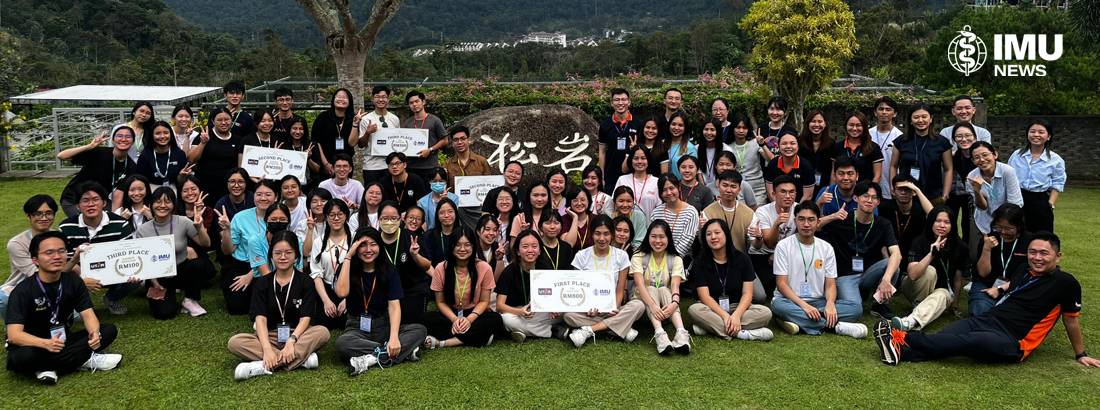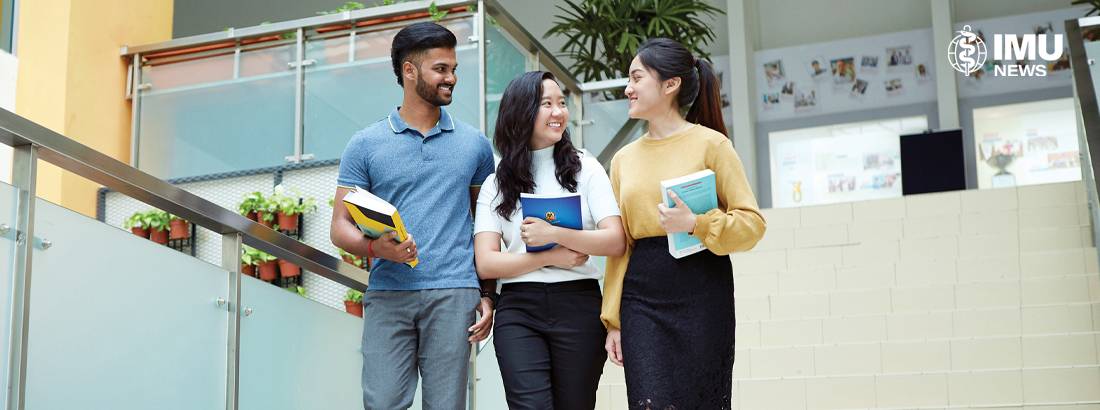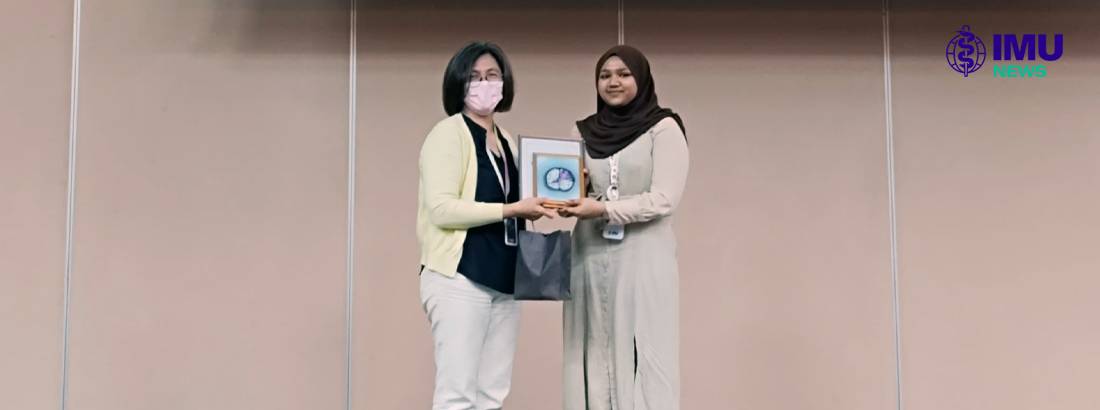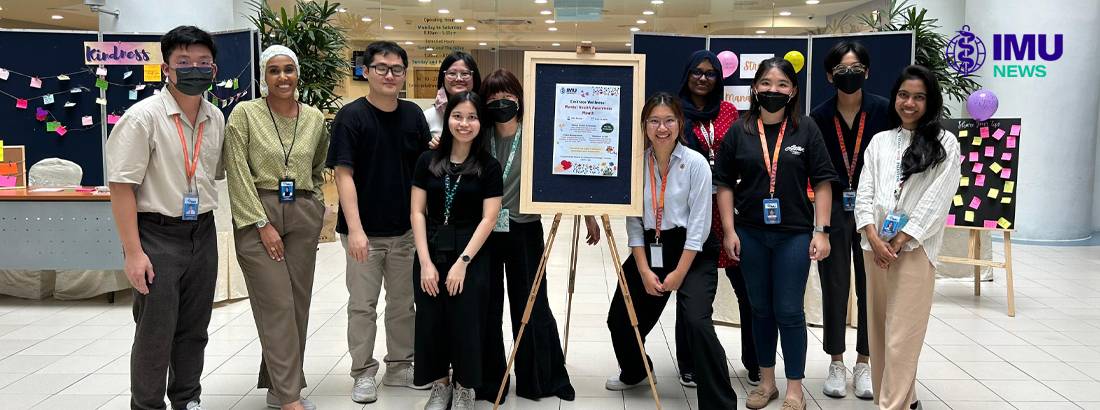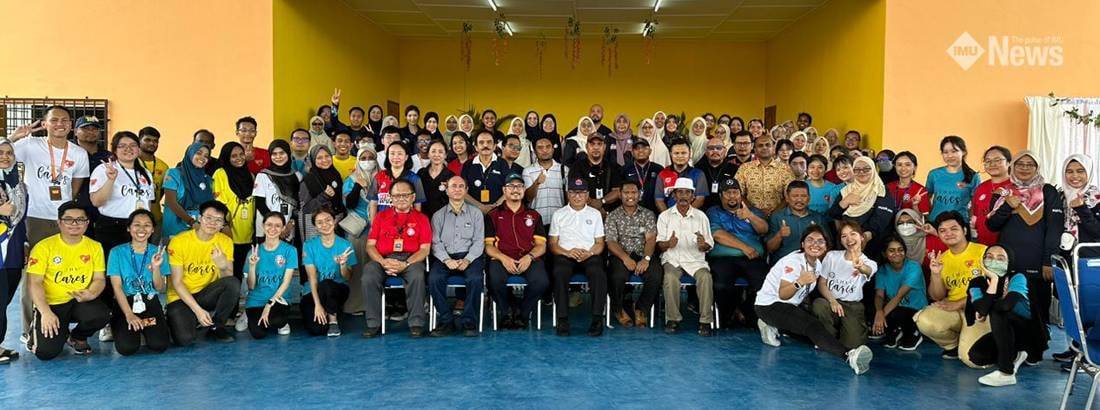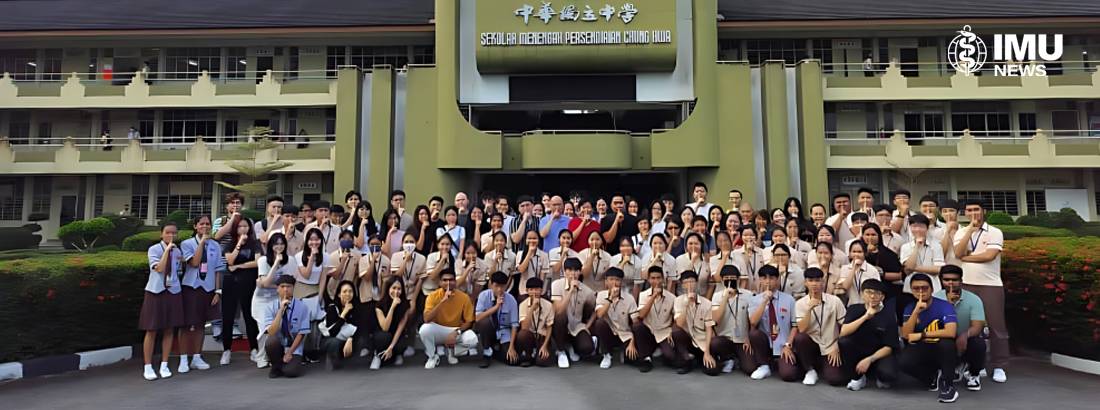The UTAR-IMU Interprofessional Learning Camp was held on 7-9 June 2024, with 80 participants from Chinese Medicine and MBBS students from UTAR and IMU, which convened with a bold mission: to bridge the gap between disciplines, deepen understanding of both pivotal roles in healthcare, and forge enduring professional networks among future healthcare leaders. Set against the serene backdrop of Song Yan Eco-Leisure Village in Bentong, this event integrated comprehensive lectures, engaging case discussions, enlightening presentations, immersive farm visits, and team-building exercises.
Dr Teh Siew Hoon delivered a compelling address introducing the theme of “Ancient Wisdom, Modern Solution.”
Drawing upon her expertise in integrative medicine, Dr Teh Siew Hoon illuminated the transformative potential of integrating ancient healing principles with contemporary medical practices. Her talk provided a philosophical framework for participants to understand how traditional wisdom, honed over centuries, can complement and enhance modern medical approaches.

The camp also commenced with a thought-provoking talk by Dr Wong Hon Foong, exploring the “Historical Development of Chinese Medicine & Western Medicine: A Comparison.” This keynote set the stage for A/Prof Dr Lim Ren Jye’s insightful exploration of “The Challenges of Integrating TCM into Conventional Cancer Management,” highlighting pivotal issues in modern oncology. Dr Tham Hui Saan further enriched the discourse with her presentation which elucidate clinical applications where synergies between Chinese and Western medicine optimise patient outcomes.



Participants actively engaged in Problem-Based Learning (PBL) case discussions and presentation, applying their combined knowledge of Chinese and Western medicine to tackle complex healthcare scenarios. These sessions facilitated collaborative learning, critical thinking, and practical skill development essential for navigating diverse patient care needs.
Throughout the camp, team-building activities and networking sessions fostered camaraderie and interdisciplinary collaboration among participants. These interactions laid a solid foundation for future partnerships in advancing integrative healthcare solutions.
As the camp concluded, participants departed with a unified vision: to champion integrative medicine as a cornerstone of healthcare in Malaysia and beyond. They embraced the synergies between ancient wisdom and modern solutions, committed to delivering comprehensive, patient-centered care that honours both tradition and innovation.
The UTAR-IMU Interprofessional Learning Camp 2024 was made possible through the dedicated efforts of organisers and the invaluable support of sponsor from the late Mr Tan Kai Hee, founder of Hai-O company.
Participants departed from the camp enriched and empowered, poised to lead the charge towards a healthcare future that embraces diversity, innovation, and holistic patient care. In embracing “Ancient Wisdom, Modern Solutions,” the camp hopes to herald a new era where the best of both worlds converge, paving the way for a healthier, more integrated healthcare system in Malaysia and beyond.
Participants' Feedback
Ai Ki (IMU Medical Student – ME220)
This is my first time participating in an inter-professional PBL camp as an MBBS student. Overall, it was very interesting to understand how Chinese medicine treats patients in comparison to Western medicine, as well as to explore the potential for their integration in the future medical field. This camp was professionally organised and meaningful for medical students.
Jen Yann (IMU Chinese Medicine Student – CM121)
This medical camp goes beyond merely being a knowledge feast; each problem-based learning session unveils invaluable wisdom from diverse medical perspectives and aligns with our ethics as future competent healthcare professionals, thus, becoming a profound journey of enlightenment.
I still vividly recall several profound insights. A/Prof Lim Ren Jye emphasised that this camp isn’t merely an academic platform but a vital bridge fostering mutual understanding between distinct medical systems. Dr Tham Hui Saan’s vision of a unified practice, known as ‘medicine for humans,’ underscored the camp’s role as a catalyst for integration. Dr Wong Hon Foong invoked Plato’s Allegory of the Cave, urging us to abandon ignorance, transcend limitations, and embrace realities.
Let us stride forward together, breaking down barriers, and advancing into a new era of medicine. With our hands and wisdom, I believe we can script a ground-breaking chapter of integration between Western Medicine and Traditional Chinese Medicine for our generation and beyond.
Jian Ping (UTAR student)
I would share that this camp is interesting, which open my mind. Special thanks to the understanding a new way towards further cooperation between TCM practitioner and Doctor. Besides that, this is first time I participate in a Problem-Based-Learning session, I think it is really effectively helpful in revision and learning something new. Lastly, I am also grateful for the game sessions with my groupmates. Overall, very thankful to the committee and lecturers.
Brandon (UTAR student)
There’s a saying in Chinese, “合抱之木,始于毫末,” which perfectly describes the initiation of the event. It all started because our lecturer thought, “Why not create a Chinese medicine and Western medicine interaction camp?” with the aim of exploring the possibility of integrating these two medical practices in a clinical environment. For a long time, we have understood the limitations of both schools of thought in medicine, but we have been unable to break the barrier to communicate with each other effectively. I really hope this camp will serve as a foundation, a middle ground for both schools of medicine to establish effective collaboration and learn from each other now and in the future. Perhaps in the near future, we can be even more inclusive of other traditional medicines, such as Ayurveda and others.

